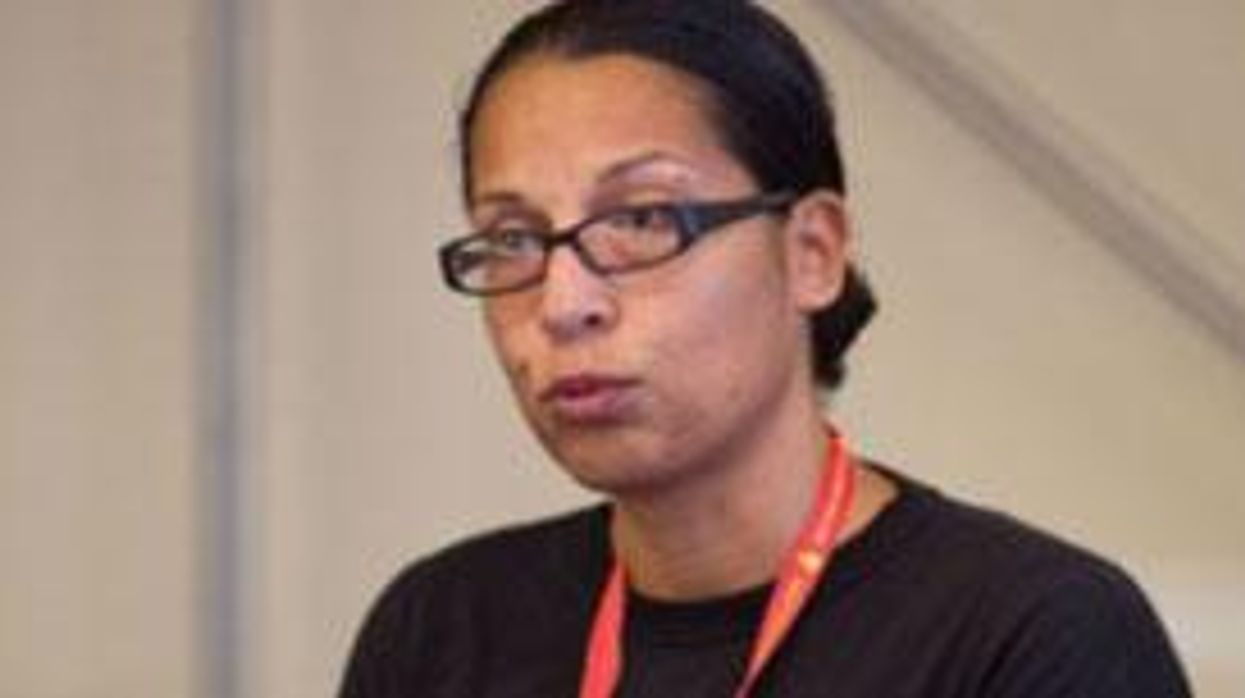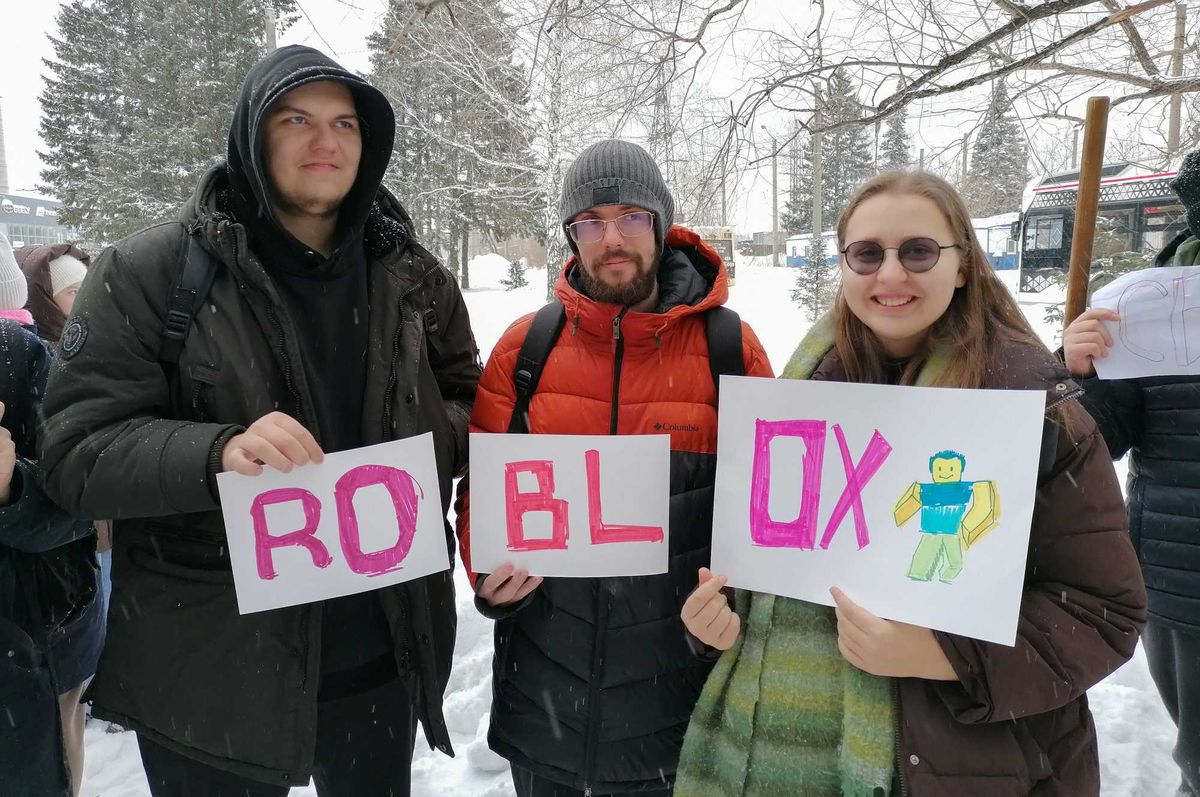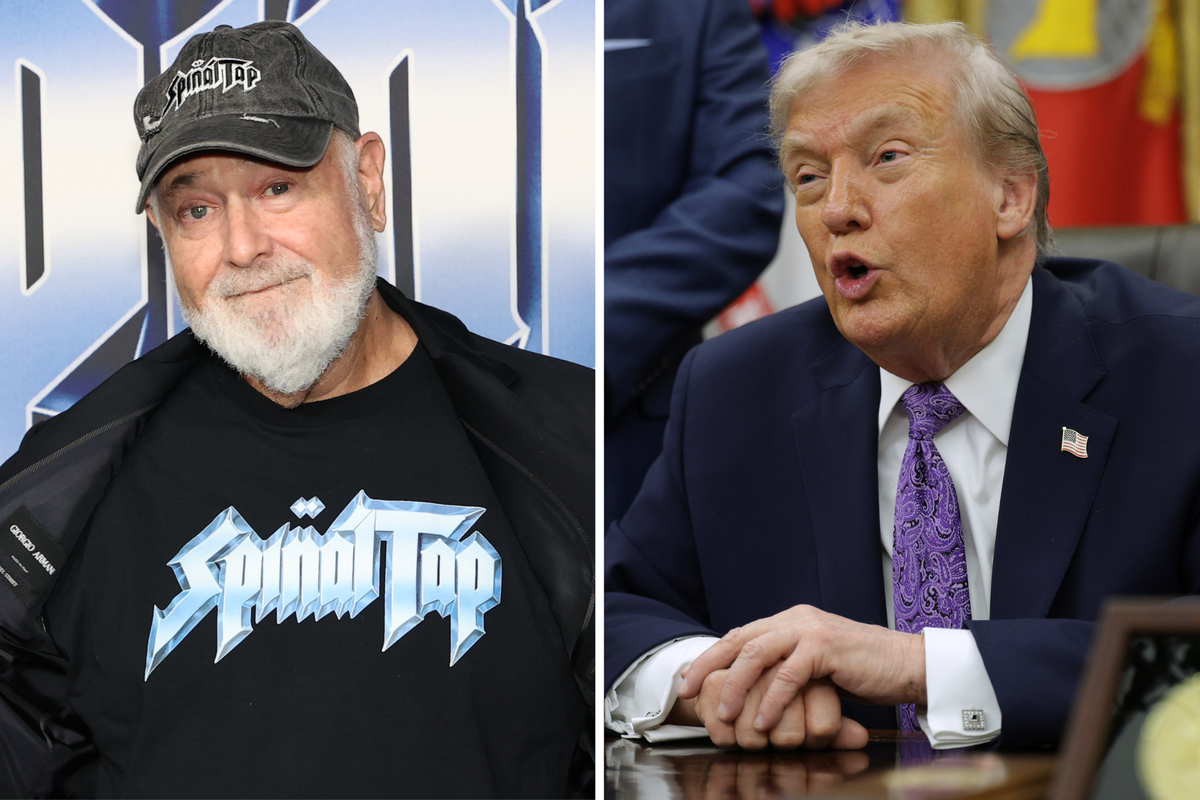News
Mimi Launder
Mar 21, 2018
Lucy Masoud, the Fire Brigades Union (FBU) LGBT+ London secretary, has been accused of transphobia after dismissing transgender women as men who “feel like women”.
In an interview on Radio 4 yesterday morning, she discussed the proposed inclusion of any self-defining woman in Labour party all-women shortlists.
Emily Brothers, Labour’s first openly transgender candidate and a fellow panellist on the show, accused Masoud of transphobia of comments that dismissed the idea of a ‘trans experience’ and claiming that transgender men “feel like women”.
Emily [Brothers] mentioned ‘trans experience’ – to be honest I’m not even sure what that means.
Masoud argued that including trans women on all-women shortlist is to “put the right of trans people ahead of women” when the UK still lags behind other countries when it comes to the representation of women in Parliament.
Opening up shortlists to men simply because they feel like women, whether they've had a sex change or not, would be a huge step back.
Last year the government said it would consult on reforming the Gender Recognition Act to allow transgender people to self-declare their gender and reflect that “being trans is not an illness”. Under current law, anyone wishing to transition must demonstrate they have lived as that gender for two years.
In the interview, Masoud was asked whether she genuinely believed that men who "just wanted to be a woman for a day" would exploit any potential changes. She responded:
Actually, what these gender recognition proposals will allow is exactly what you've said – that men will wake up one day and declare ‘I'm a woman’, and not only will society have to accept them as women, but if I challenge that person – if I'm in a female only changing area, someone comes in who has self-identified as a woman, yet is clearly a man – if I challenge that person, I would be in breach of the law.
She clarified that she is open to any debate and wants to support trans people, while maintaining that the argument should be about whether "we base our law on subjective feelings of men who happen to feel like a woman on any given day". She said:
I agree, we should absolutely have the discussion and trans people should be respected and protected, but that should not be at the expense of women.
Brothers criticised Masoud's comments on-air as being transphobic, which is the same sentiment held by Juno Roche, a transgender woman and activist.
Responding to Masoud’s apparent struggle to pin down the definition of ‘trans experience’, Roche had a clear-cut explanation for indy100 on what the term means to her:
There would be kids having an awful time of it. That was the trans experience at a certain point. The trans experience has now partially become this thing that’s really good for society, really nourishing, really moves the goal posts.
Roche is similarly disparaging of Masoud's idea that predatory men might exploit gender recognition laws to gain access to women’s spaces, dismissing it as ridiculous and uninformed.
You wouldn’t go through gender reassignment on whim. It’s so ridiculous. It’s not a simple as that or as a slight as that.
She continued:
This is life and death for people. This is what enables somebody to engage with a life. Trans rights and trans equality and trans history is still an incredibly fragile thing.
Roche questions whether Masoud should hold the role of LGBT+ secretary if she doesn’t champion the ‘T’.
FBU represent an awful lot of members. Some will be gay, some will be lesbians, some will be bisexual and some will be transgender. And an awful lot will be allies. The FBU have a responsibility to all those people, not just a small faction.
Roche explained that globally transgender people do not all have the means to undergo gender reassignment surgery, whether that is due to either the law in their country, a lack of resources or a lack of money. But she sees this as irrelevant when it comes to the gender they identify with. She said:
It reduces us just to our genitals. The basis for trans equality is that you’ve got to accept that a woman can have a penis and a man can have a vagina. Without that, we are jumping through hoops to please any number of people – and that’s cruel. That’s cruel and spiteful.
Roche warns that Masoud’s comments are the symptom of an underlying problem. There is a “small but really growing” faction of transphobic people on the political left, thinks Roche, a movement that she says is not being sufficiently dealt with.
As far as I can see, very few people on the left that really matter are being decisive about this. They need to say: ‘There is no debate.'
She continued:
I never imagined in a million years that our main enemy would come from the left.
Transphobia from a person in a prominent union position is unsurprising for Roche who has had plenty of experience facing what she sees as transphobia in trade unions.
For example, she points to the views of Kiri Tunks, Vice President of that National Union of Teachers (NUT), who sparked outrage for an article claiming that proposed changed to the Gender Recognistion Act will undermine the rights of cisgender women.
Though grateful and confident that Jeremy Corbyn and much of his party are trans allies, Roche regrets the Labour’s introduction of a three-month consultation period on the status of transgender people in the party, a limbo that she believes opens up space for transphobia.
She added that people “just have to decide” whether or not they’re going to believe trans people.
Friends might change their religion or sexuality. You never get them to collect evidence or proof. Why would people disbelieve us?
Yas Necati, a non-binary writer and campaigner, wrote an article for Independent Voices reacting to Masoud's comments, particularly her imagined situation of someone "who has self-identified as a a woman, yet is clearly a man" entering female-only changing woman.
Necati described their mortifying experiences using secondary school changing rooms as a queer person – rushing into get a spot in the corner where they could hide and getting dressed facing the walls, "fearful that just by being there I might make anyone's women's only space left comfortable". Necati wrote:
This was what queers were facing a few decades ago, and it’s what transgender people are facing today: being told to get out of a space that should be ours because we are part of a minority.
I feel this same shame now – I can’t think of many spaces I feel more self-aware and scared than in changing rooms and toilets. I often notice people looking at me twice or tensing when I enter.
I’ve been asked to leave women’s facilities too many times to count. Far from a threat to anyone in those spaces, it is me who is more likely to be hurt – physically or by words.
They added:
For these women to make such a mockery of how traumatising it is for trans people not just to enter a gendered space, but literally any space, shows how little they understand about the trauma transgender people face.
indy100 contacted the FBU about Masoud but they were unable to comment before publication.
More: We asked 14 trans activists how cis people can be better allies in 2018
Top 100
The Conversation (0)














